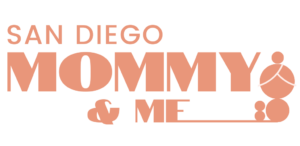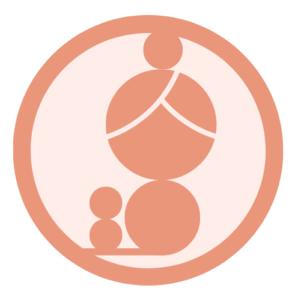
Have you heard of the nature vs. nurture debate? Well, science solved it. It’s both!!
Once upon a time, there was a debate between the scientist of the world as they attempted to understand why humans do the things they do. The field was split into two as it tried to explain whether human behavior is determined by the environment, either prenatal or during a person’s life, or by a person’s genes. Lucky for us, technology advances allowed the debate to be solved in the early 2000s (umm… not a long time ago) when it became widely accepted that both “nature” and “nurture” factors were found to contribute substantially to human development.
The now widely accepted (and simplified) findings are that:
Nature (one’s basic architecture + Genes) = the “house” blueprint (looks, temperament, overall ability + potential)
Nurture (environment + life) = the foundation, and later the construction + completion of the “house.”
What does this all mean for parents?
For the most part, it means that the nature piece is out of your control.
In many ways, your little is uniquely themselves from birth. When it comes to nature, your job as a parent is to learn who your little is and what s/he needs from you (see temperament and attunement – link to come). This is important as you can’t fight biology, but you can shape it! You will play a significant role in how your little views and experiences his/herself based on how you respond to who they are.
Truth be told, the nurture piece is also partly out of your control as well.
By that I mean, your littles will have many experiences and people that will impact and shape them throughout their lives. You will neither be the only influence or get the final say.
Still, the good news is, within these first 3-5 years you can set a foundation of resilience (see Why Babyhood Matters). Then, your role shifts, and you get to play an ongoing influential and supporting role alongside the world’s influence.
Important Parenting Takeaway:
We need to be realistic about what expectations and responsibilities we place on our shoulders. We need to be mindful of our false sense of control, and we may need to challenge our expectations around who we feel our littles should be and how they should act.
Ultimately, a big lesson in parenting may be learning let go of our desire to control and instead focus on how we can support our littles and how we can do our part to ensure our littles thrive.
This support starts with parenting the developing brain (read: Baby Brain) and understanding the power and role of our relationship (read: Relationship: It’s Everything – link to everything)

